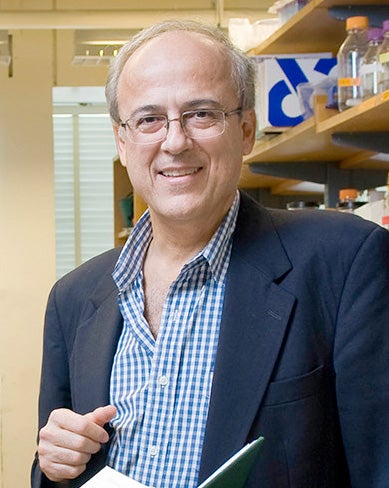The metabolic engineer’s toolbox, comprising, among others, stable isotope tracers, pathway flux estimation and analysis, pathway identification, and pathway kinetics and regulation, has long been used to elucidate and quantify pathways primarily in the context of engineering microbes for product overproduction. These tools are also well-suited for analyzing the physiology of tumor cells as they commonly undergo metabolic rewiring during oncogenesis to meet the biosynthetic needs required for aggressive growth. Metabolism is now emerging as a new space of potential therapeutic interest in cancer, so it is important to identify effective targets through fundamental understanding of the metabolic pathways preferentially used by tumor cells. To this end, these tools are increasingly finding use in cancer biology due to their unparalleled ability to quantify intracellular metabolism of mammalian cells and in particular the role of glucose and glutamine that must be efficiently directed to contribute carbon and nitrogen for biomass and cofactor production. An overview of this approach, highlighting a systems-theoretic analysis of pathways and bioreaction networks will be presented. In particular, we will focus on implications of the Warburg effect, the role of reductive carboxylation and IDH activity and the interplay between glucose and glutamine uptake as sources of carbon skeletons, energy and reducing equivalents required for tumor cell growth. These results suggest new targets for cancer therapy some of which will be addressed in the presentation.

Professor Stephanopoulos' current research focuses on metabolic engineering and its applications to the production of fuels, bio-chemicals and specialty chemicals, as well as mammalian cell physiology as it pertains to diabetes and metabolism. He co-authored the first textbook on Metabolic Engineering. He has co-authored or –edited 5 books and ~300 papers and 25 patents. He has supervised 50 graduate and 40 post-doctoral students and is presently the editor-in-chief of the journal Metabolic Engineering; he also serves on the Editorial Boards of 7 scientific journals.

